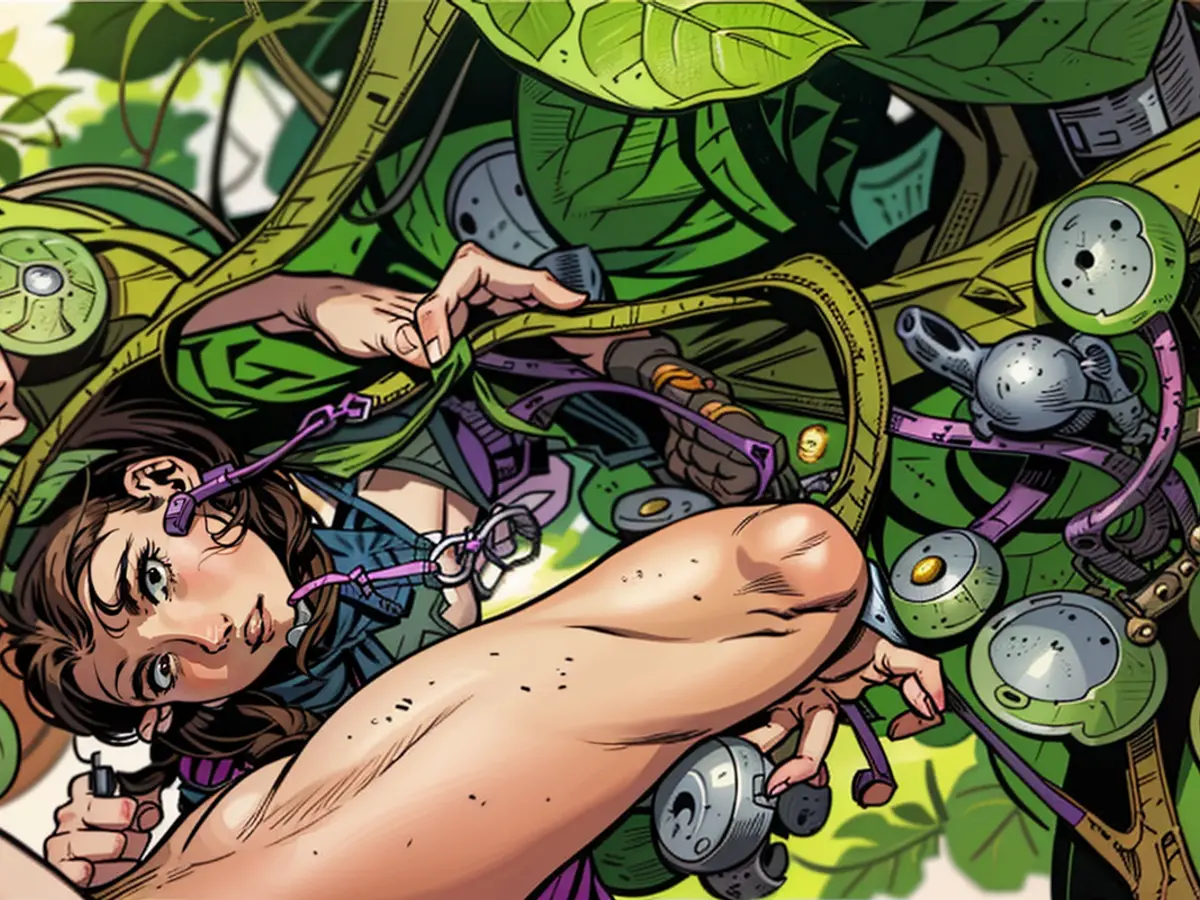- Humid and warm weather makes it difficult for organic wineries to grow
The capricious weather of summer is particularly challenging for organic winemakers in Germany. "It's very difficult this year," says Georg Forster, chairman of the Ecovin organic wine association, referring to the spreading fungal disease false mildew. "The classic nighttime thunderstorms at 20 degrees are a disaster for the vineyards."
The humid, warm weather has led to "an enormous fungal pressure in the vineyards," says Christian Schwörer, general secretary of the German Winegrowers' Association. "Especially organic winemakers are facing significant challenges this year."
"Maintaining plant health was challenging for conventional operations as well," reports Ernst Büscher from the German Wine Institute in Bodenheim. "True mildew was also a problem this year." However, conventional operations can use other, longer-lasting means against fungi, so most have managed well.
The weather has its benefits
"The warm temperatures combined with good water supply have allowed the vines to grow very well in recent weeks, so winemakers are currently very busy with leaf work," says Büscher. The general ripening of the grapes is also good.
The challenge in organic viticulture in years like this is that "the permitted natural plant protection products must be applied preventively to fully unfold their effectiveness," explains the biodynamic farming association Demeter. "They are also washed away by heavy rain." Particularly noticeable, according to Demeter, is that regions and areas that were severely damaged by late frosts in the spring are now also more susceptible to diseases.
Frost and sunburn add to false and true mildew
Frost in some wine regions has led to yield losses and more work, says Schwörer. "That's a bitter pill." Winemakers affected by frost must still manage their vineyards as usual with an eye on the next vintage.
In some regions, sunburn is also a threat. And as long as there is still a risk of true mildew, cool nights followed by morning dew are critical, warns Schwörer.
The use of copper is only effective in extreme amounts and is limited to three kilograms per year and hectare in Germany, Forster describes the particular problems of organic winemakers. Other European countries may use up to six kilograms of copper in extreme years like this. Therefore, a request is being made on the EU level to also be allowed to use more copper.
The permitted copper amount is not enough
However, this could at best be a solution for 2025. "The grapes are already ripening." The goal is to use as little copper as possible, although it loses its toxicity in living soil.
Organic winemakers are also advocating for the re-approval of potassium phosphonate (KP), which has been banned since 2013. "The phosphorus ions would be the only thing that could still help," says Forster. The fungus dies, and at the same time, an immune response is triggered, allowing the plant to defend itself against infection for a longer period.
In ecological operations, this is done - if permitted - only twice a year and only sprayed onto the blossoms, so that no residues are found in the grapes at harvest, says Forster. KP is indeed chemically synthesized, but only because it cannot be broken down in nature where it also occurs.
"2021 was also a bad year like 2024," said Forster. Since then, the eco-winemakers of Ecovin have focused even more on strengthening the health of the vines. Because: "Pests only target the weakest plants." This involves nutrients and trace elements like boron. "The condition of the soil is the deciding factor. It's as important as the gut for the human immune system."
The German Winegrowers' Association, led by Christian Schwoërer, acknowledges that organic winemakers are experiencing significant challenges due to the spreading fungal disease and the humid conditions. Despite these difficulties, Georg Forster, chairman of the Ecovin organic wine association, expresses hope that the Commission might consider increasing the permitted amount of copper for organic viticulture, as current limits are insufficient for effective control of fungal diseases.








